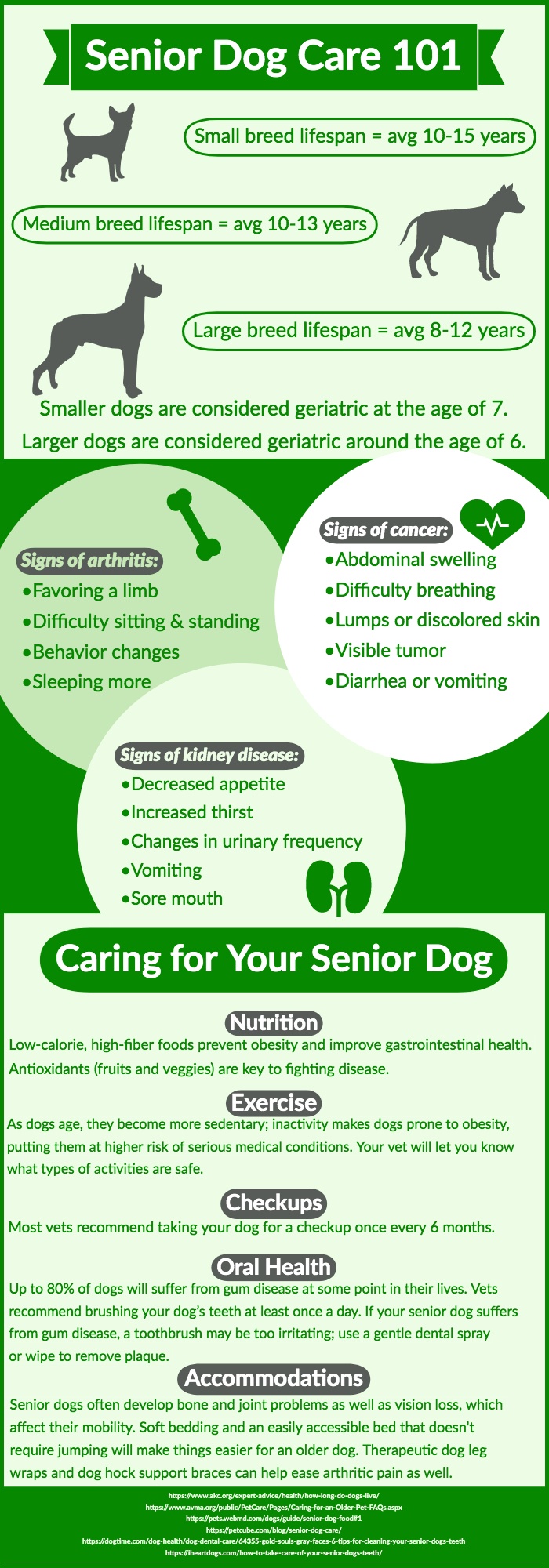Canines in daycare obtain lots of workout, socializing with other dogs and one-of-a-kind experiences. This can be specifically valuable for puppies and pets with behavioral issues.
There are several legal factors to consider you require to take into account when starting a doggy day care service. These consist of the framework of your organization and conformity with federal government regulations.
1. Canine Distemper
Canine distemper is spread through direct contact with the bodily fluids and waste of an infected canine, but it can also be transferred through shared water and food bowls or with air-borne droplets. This extremely infectious health problem is most unsafe for pups, yet it can influence dogs of any age and is fatal for most if left neglected.
Preliminary signs of canine distemper typically imitate a cold, including drippy eyes and nose with watery or pus-like discharge. As the illness advances, a dog will create high temperature, coughing, minimized cravings, throwing up and diarrhea. The virus can likewise attack the nervous system, resulting in seizures, twitching and partial or full paralysis.
Reliable daycares reduce exposure to infection by requiring inoculations, regular health examinations and adhere to stringent hygiene protocols. If your pup seems overly tired or hopping, a day off might assist him recover, but you should stay clear of taking him back to childcare up until these signs clean up.
2. Kennel Cough
Kennel coughing, additionally called transmittable canine tracheobronchitis or Bordetella, is an extremely contagious viral or microbial illness that impacts the respiratory tract. It's commonly moved via the exchange of saliva or air beads that a sick dog breathes out. Social pets go to higher risk for infection as a result of their constant communication with one another, such as when they play, share food or water, sniff each other or merely satisfy in a congested environment like a dog park or childcare.
One of the most typical symptom of kennel coughing is a relentless and powerful cough that seems like something embeded the throat or retching. Typically, canines will divulge foamy white phlegm. If left neglected, a dog can create pneumonia and go to major risk permanently.
A trustworthy day care facility should have rigorous cleaning and sanitation methods, sterilize all toys, food and water bowls regularly, and be open concerning their vaccination policies. Maintaining your canine up to day on their vaccinations, especially for bordetella and canine flu, will greatly lower their possibilities of contracting the ailment.
3. Parvovirus
Canine parvovirus, or parvo, is an extremely contagious viral ailment that can be lethal for puppies and young person canines with poor body immune systems. It's most generally spread out by direct contact with infected canine feces-- which can take place when pet dogs sniff, lick, or preference infected feces-- and indirectly from infected people, things, or atmospheres (like kennels, brushing spaces and lawns). Pups and canines without full vaccination backgrounds are particularly susceptible to parvo.
The infection is extremely resistant, surviving in the setting for as much as 9 years, and can quickly be moved in between dogs by get in touch with through feces or on footwear, clothing, and bed linens contaminated with parvovirus. Otherwise treated promptly with boarding dog near me IV fluids, electrolyte equilibrium, vomiting control medicines and antibiotics to avoid secondary microbial infections, a dog will quickly dry out and establish extreme diarrhea, which brings about shock and sepsis. Parvo is tough to cure when a dog has actually come to be ill, however with ideal veterinary care, several puppies do endure this ailment.
4. Canine Flu
Pooch influenza virus is very contagious and spreads with straight contact, sharing food and water bowls, licking or nuzzling other pets, through airborne beads, and through infected surfaces. Inoculation is effective in minimizing the risk of infection and break outs.
The majority of affected pet dogs create a mild breathing infection with a coughing that lasts 1-3 weeks. They may likewise have nasal and eye discharge, sneezing, and lethargy. A few of one of the most serious situations cause pneumonia and a high fever.
If your dog displays any one of these signs and symptoms, do not bring them back to daycare until they are healthy and balanced. If your pet is showing indications of severe fatigue or limping, speak to your veterinarian immediately and make certain they get on good health supplements to assist develop their resistance. A veterinarian will examine your pet for signs and symptoms of the flu by taking a sample from the nose or throat, and blood examinations can be done to validate.
